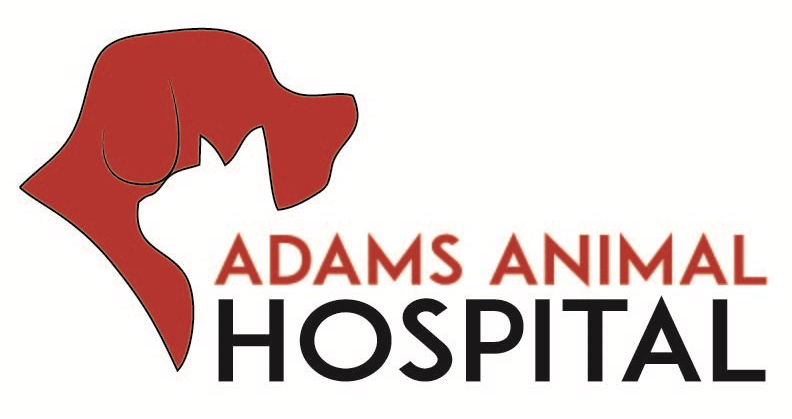Pet Health Library
-
Giardia in Dogs
La giardiasis es una infección intestinal del hombre y los animales provocada por un protozoo parásitario llamado Giardia intestinalis (conocido también como Giardia lamblia).
-
Gingival hyperplasia is the abnormal growth of excessive gum tissue. The gums may appear reddened or inflamed and may become so enlarged that it is difficult to visualize the teeth. In some cases, gingival hyperplasia may be localized to specific areas and its appearance may mimic the appearance of a mass or tumor. Gingival hyperplasia is most commonly treated with the surgical removal of the excessive proliferative tissue, referred to as gingivoplasty. Although it results in a significant improvement in clinical signs, gingivoplasty does not typically cure the condition.
-
Glaucoma is a disease of the eye in which the pressure within the eye, called intraocular pressure (IOP), is increased. Glaucoma is caused by inadequate drainage of aqueous fluid. Glaucoma is classified as primary or secondary. High intraocular pressure causes damage to occur in the retina and the optic nerve. Blindness can occur very quickly unless the increased IOP is reduced. Analgesics to control the pain and medications that decrease fluid production and promote drainage are often prescribed to treat glaucoma. The prognosis depends to a degree upon the underlying cause of the glaucoma.
-
Glaucoma is a disease of the eye in which the pressure within the eye, called the intraocular pressure (IOP) is increased. Glaucoma is caused by inadequate drainage of aqueous fluid. It is classified as primary or secondary glaucoma. High intraocular pressure causes damage to occur in the retina and the optic nerve. Blindness can occur very quickly unless the increased IOP is reduced. Analgesics to control the pain and medications that decrease fluid production and promote drainage are often prescribed to treat glaucoma. The prognosis depends to a degree upon the underlying cause of the glaucoma.
-
Globoid-cell leukodystrophy, also called Krabbe disease or lysosomal storage disease, is a rare disease caused by a mutation in a dog’s DNA. It results in abnormal processing and storage of an enzyme critical for producing myelin, the substance that coats and protects the nerves throughout the brain and spinal cord. Clinical signs emerge at an early age, including tremors, muscle weakness, and loss of control of the limbs. Most dogs must be euthanized due to their neuromuscular decline about two to six months after the onset of clinical signs.
-
Glomerulonephritis is an inflammatory condition of one part of the kidneys (glomeruli) that results in excessive urinary protein loss and kidney damage and can cause many life-threatening conditions, including thromboembolic disease. There are many causes though most of the time, no specific cause is identified. Diagnosis involves blood work, repeated urine tests, imaging, blood pressure, and kidney biopsy. Treatments and prognosis are also described in this handout.
-
This handout discusses glomerulonephritis in dogs, a form of kidney disease that implies inflammation within the glomeruli (filtration units) found within the kidneys. Topics covered are the potential causes for the condition, the diagnostic methods used to determine the presence and extent of the condition, and potential treatment options for the disease.
-
Hookworm Infection in Cats
Los gusanos gancho son parásitos intestinales de los gatos y los perros. Se llaman de está forma porque sus partes bucales tienen forma de gancho. Usan estas partes para anclarse a la pared de los intestinos. Miden sólo unos 2 o 3 mm (1/8) de largo y son tan pequeños de diámetro que apenas pueden verse a simple vista. Los parásitos gancho se alimentan de los tejidos y sangre del huésped.
-
Hawthorn is given by mouth and is used over the counter and off label to treat heart conditions, digestive issues, and anxiety. Give as directed by your veterinarian. Side effects are uncommon but may include dizziness or stomach upset. Do not use in pets that are allergic to it or are pregnant or nursing. If a negative reaction occurs, please call your veterinary office.
-
Though less common than in dogs, some heart conditions in cats are serious and need to be treated medically. The most common type of heart disease in cats is adult-onset hypertrophic cardiomyopathy. The most common types of congenital heart disease are malformations of a valve, or a septal defect in the wall that divides the right and left sides of the heart. Diagnosis involves X-rays, ECG, and echocardiography. Treatment depends on the cause of the heart disease.

